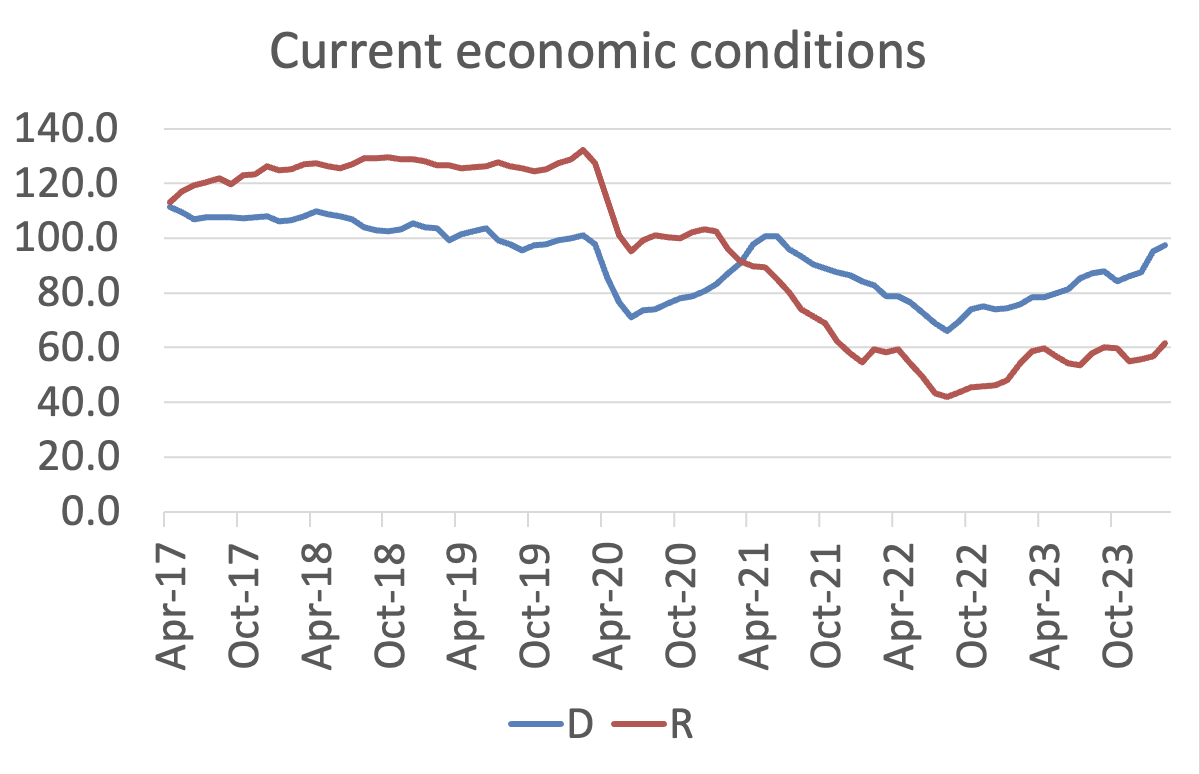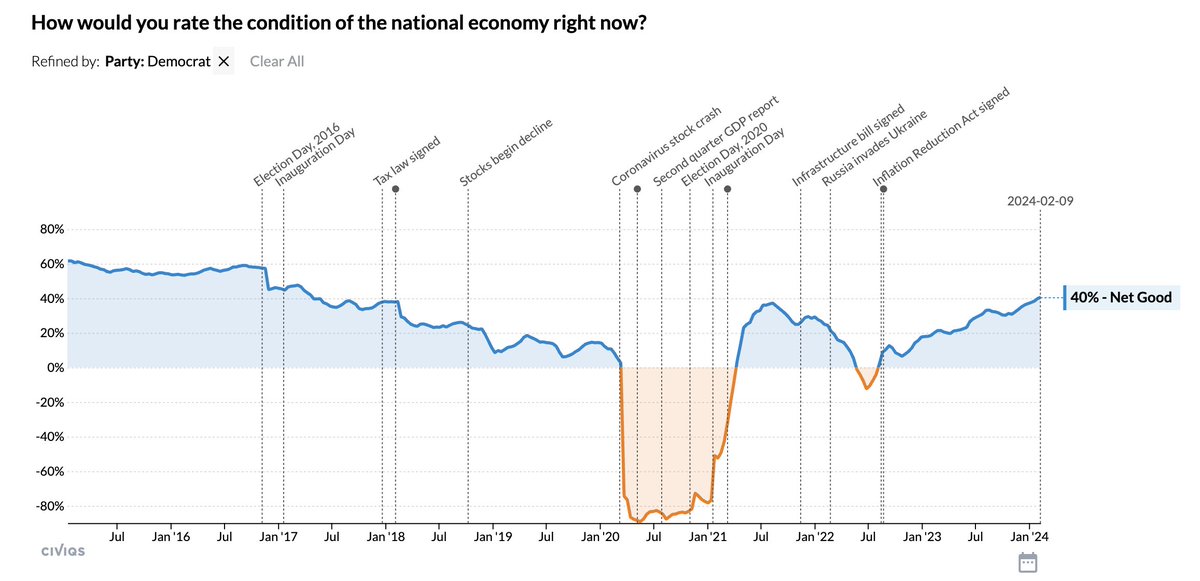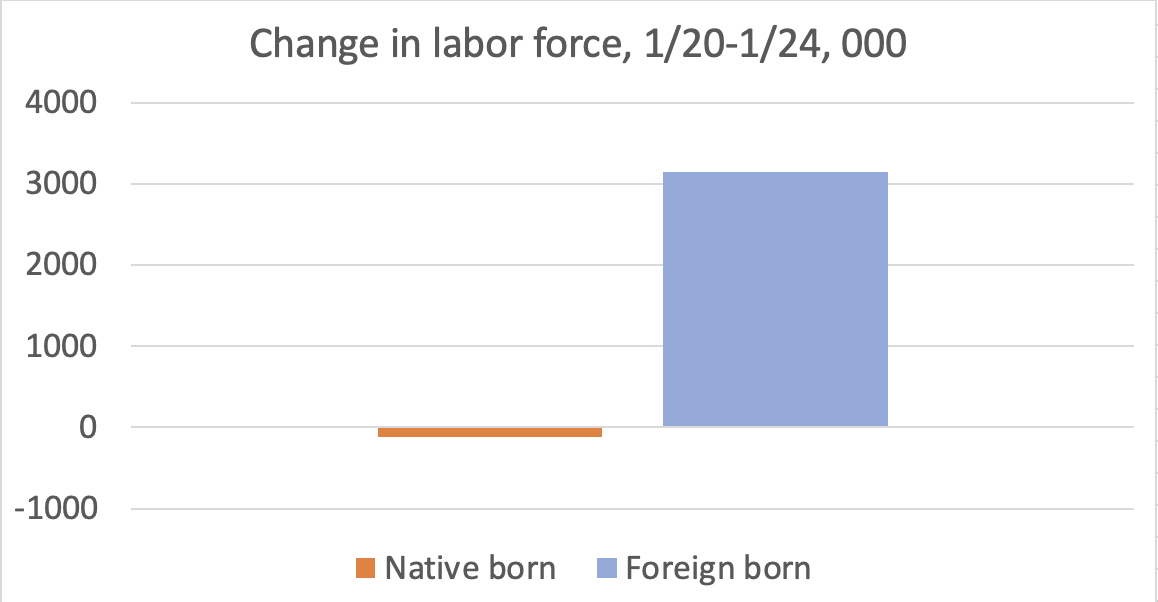OK, obviously I need to weigh in on Elizabeth Warren's trade proposal. I've been a huge fan of her plans so far. This one, not so much, although some of the critiques are overdone 1/ medium.com/@teamwarren/tr…
The truth is that this would have been a bad and destructive plan if implemented in, say, 1980. At this point it's still problematic, but not disastrous (this is going to be a long tweet storm) 2/
Background: the way we currently do trade negotiations is that professionals negotiate out of public view, but with input from key business players. Then Congress gets an up or down vote on the result 3/
This can sound like a process rigged in favor of special interests. But it was created by FDR, and its actual intent was largely the opposite. It took away the ability of Congresspeople to stuff trade bills with goodies for their donors and districts 4/
And while business interests certainly got a lot of input, it was set up in a way that set different groups against each other — exporters versus import-competing industries — and this served the interests of the general public 5/
Without this system we wouldn't have achieved the great opening of world markets after World War II — and that opening was a very good thing overall, especially for poor countries, and helped promote peace 6/
So what has changed? The key point is that the system pretty much achieved its goals; we're a low-tariff world. And that has had a peculiar consequence: these days "trade negotiations" aren't mainly about trade, they're about intellectual property and regulation 7/
And it's not at all clear that such deals are actually good for the world, which is why I was a soft opponent of TPP 8/ krugman.blogs.nytimes.com/2015/03/11/tpp…
So what Warren proposes is that we partially unravel the system FDR built, making trade negotiations more transparent and giving Congress a bigger role in shaping the deals. This sounds more democratic, but that's a bit deceiving 9/
Mainly it would substitute one kind of special interest distortion for another. That would have been a clearly bad thing when trade deals were actually about trade. Today, I think it's ambiguous 10/
Warren would also expand the criteria for trade policy to include a number of non-trade goals, like labor rights and environmental protection. Here again there are arguments on both sides 11/
On one side, the potential for abuse would be large — we could be slapping tariffs on countries for all kinds of reasons, turning trade policy into global power politics, which would be really bas for smaller, weaker countries 12/
On the other hand, there are some cases where trade policy will almost surely have to be used to enforce some common action. If we ever do act on climate change, carbon tariffs will be needed to discipline free riders 13/ krugman.blogs.nytimes.com/2009/06/29/cli…
Overall, this is the weakest Warren plan so far. (Still waiting to hear from her on health care! Harris has taken point there, and done it well) But it's not bad enough to change the verdict that she's the strongest contender on policy grounds 14/
• • •
Missing some Tweet in this thread? You can try to
force a refresh













